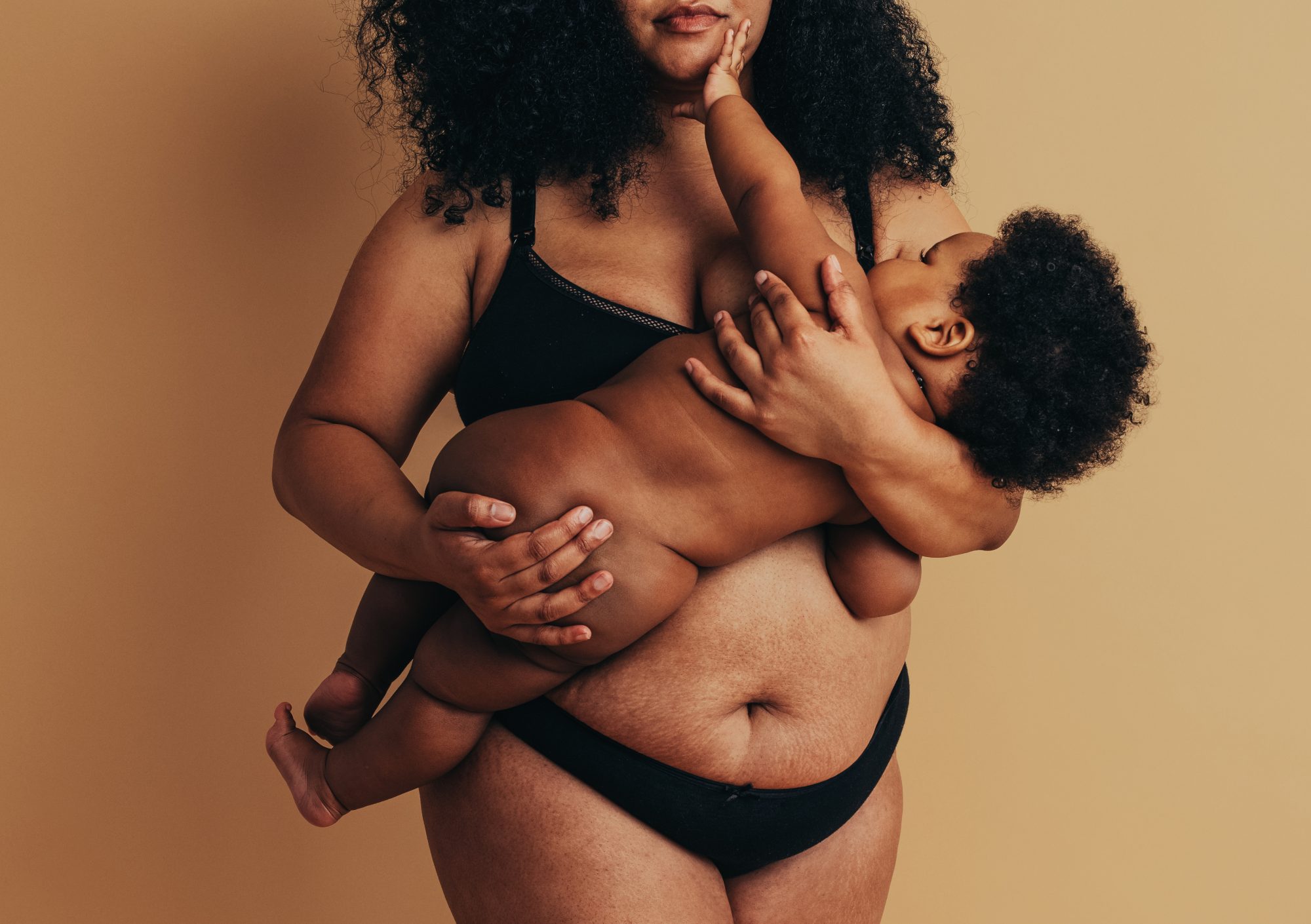
The first few weeks of breastfeeding my son were hard. I felt so alone between bouts of thrush and recovering from a challenging birth as we both tried to figure things out. Ironically, the complicated childbirth experience — and my perceived failure because of it — pushed me not to give up on breastfeeding. I reached out for support. I attended my first La Leche League meeting, and a friendly leader helped me figure out our latch issues. Luckily, we turned a corner, and I ended up weaning him at 33 months.
By the time my second son was born three and a half years later, I had forged relationships in the local breastfeeding community. I had trained as a breastfeeding peer supporter, helping mothers in our local breastfeeding support group. However, it still didn't prepare me in dealing with his posterior tongue tie. Despite feeding all the time, my son lost 14% of his body weight in two days. Some health professionals I encountered dismissed my worries, saying things like, "Give him time to learn," and the somewhat condescending, "You must've forgotten how to do this." I had only had nine months off nursing, so that didn't seem likely.
Meanwhile, we supplemented with formula, and I pumped round the clock. Then, I saw a lactation consultant (IBCLC) who diagnosed his tongue tie almost instantly. Soon, we were on to a better latch. Knowing how important it was to have the proper support to succeed in your breastfeeding journey, I have been passionate about offering that to mothers around me — especially Black mothers.
According to the CDC, there is still a vast racial disparity in breastfeeding rates. About 85 percent of white mothers say they breastfed compared to 69 percent of Black mothers. This is an improvement on previous data; however, when you consider that Black infants are significantly more likely to die than other infants from conditions that studies show breastfeeding can improve, it's not enough. There is still a lot of work to be done to keep pushing those rates up. It is one of the reasons we have Black Breastfeeding Week, and it's one reason I continue to dedicate my time to supporting Black mothers and their breastfeeding goals. Even after my second son weaned at age three, I still wanted to help other mothers in whatever way I could.
In June 2019, my surgeon recommended a double mastectomy due to an autoimmune illness that significantly increased my breast cancer risk. Knowing my baby days were over, I jumped at the chance. I chose not to have reconstruction, and so I live "flat." I was focused on recovery, so it was a massive shock to discover that I was pregnant even though my husband had a vasectomy four years prior.
At the height of the pandemic, my beautiful daughter was born a little bit prematurely. The first few weeks were so triggering for me. My chest area where my breasts once were was sore as though it knew it was meant to be producing milk. When I held my daughter, she rooted around my scar, and it broke my heart into a thousand pieces. I couldn't give her what she sought. I took solace in the fact that I had managed to secure enough donor milk from a milk bank for her first two months during pregnancy.
She thrived on it. When our stash was through, I fed her formula for the rest of her first year. I went through highs and lows as I came to terms with my inability to breastfeed my daughter. One of my best friends gave birth six months after I did and wanted some support with her journey; helping her through the initial few weeks reawakened my love for this work.
The first Black Breastfeeding Week since my daughter's birth felt strange initially. It felt strange not having a nursing baby during an awareness week that I used to be heavily involved in. Yet, I knew I would not step back. Instead, I stepped up. Representation matters. There are unique cultural barriers that Black people face with breastfeeding, and we tend to seek support from people who understand those barriers. Having Black mothers, like myself, around to keep encouraging other mothers at the start of their journey can make a huge difference.
Even after my double mastectomy, I will continue to use my voice and knowledge to support Black breastfeeding. It is a form of activism. Until Black mothers—who are more likely to return to work after childbirth sooner than other mothers and less likely to have access to the same health care and lactation support—actually have the same level of choice when it comes to breastfeeding, this week and the activism of Black mothers who breastfeed will never stop being important to me.





